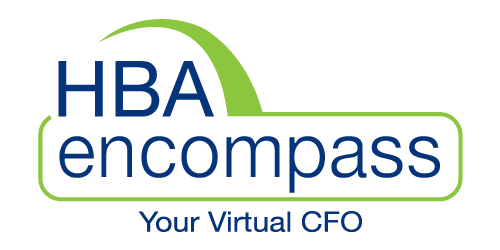Common tax mistakes that businesses make
July 23, 2020 9:13 am | | Categorised in: TaxMeeting tax obligations as a business owner can be stressful and potentially expensive if done wrong. Certain mistakes warrant severe action, so you can expect the ATO to take a closer look at them if you’ve failed to identify these errors before lodging tax returns for your business. Most mistakes made with regards to tax filing often revolve around poor administrative knowledge of tax laws. Ensure that you are aware of potential mistakes you could be making that might cost you your business.
Inconsistent declarations
The ATO gathers data from numerous businesses across a particular industry to create a benchmark showing a band of percentages within which businesses in that industry should typically fall under. Businesses that fall outside this band can expect delays and a closer look from the ATO inspecting reasons for inconsistencies within your business’ declarations. However, these can also be sources of mistakes from the ATO’s part as some inconsistencies can be very real – such as demographics or personal situations – that can cause variations in data. Ensure that you are declaring all your sales, and that any inconsistency can be justified to the ATO.
Poor bookkeeping
A majority of tax mistakes committed by small businesses revolve around poor bookkeeping. Businesses are required to maintain all financial transactions made – but forgetting to put the purchase through the register or taking money out of the register for personal use without replacement of the difference can show varying cash register tapes that can be problematic when filing your tax returns. You may be missing out on valuable tax credit claims by not keeping proper records of your financial transactions.
Employee payments
Businesses may assume that superannuation payments need not be made if they are employing subcontractors. This can be an expensive mistake, as if the worker has standard hours and is expected to work consistently for your business under your direction, they need to be treated as employees. Businesses may leave superannuation guarantee payments until the end when cash flow becomes restricted – but avoid late lodgements to prevent penalties from the ATO.
